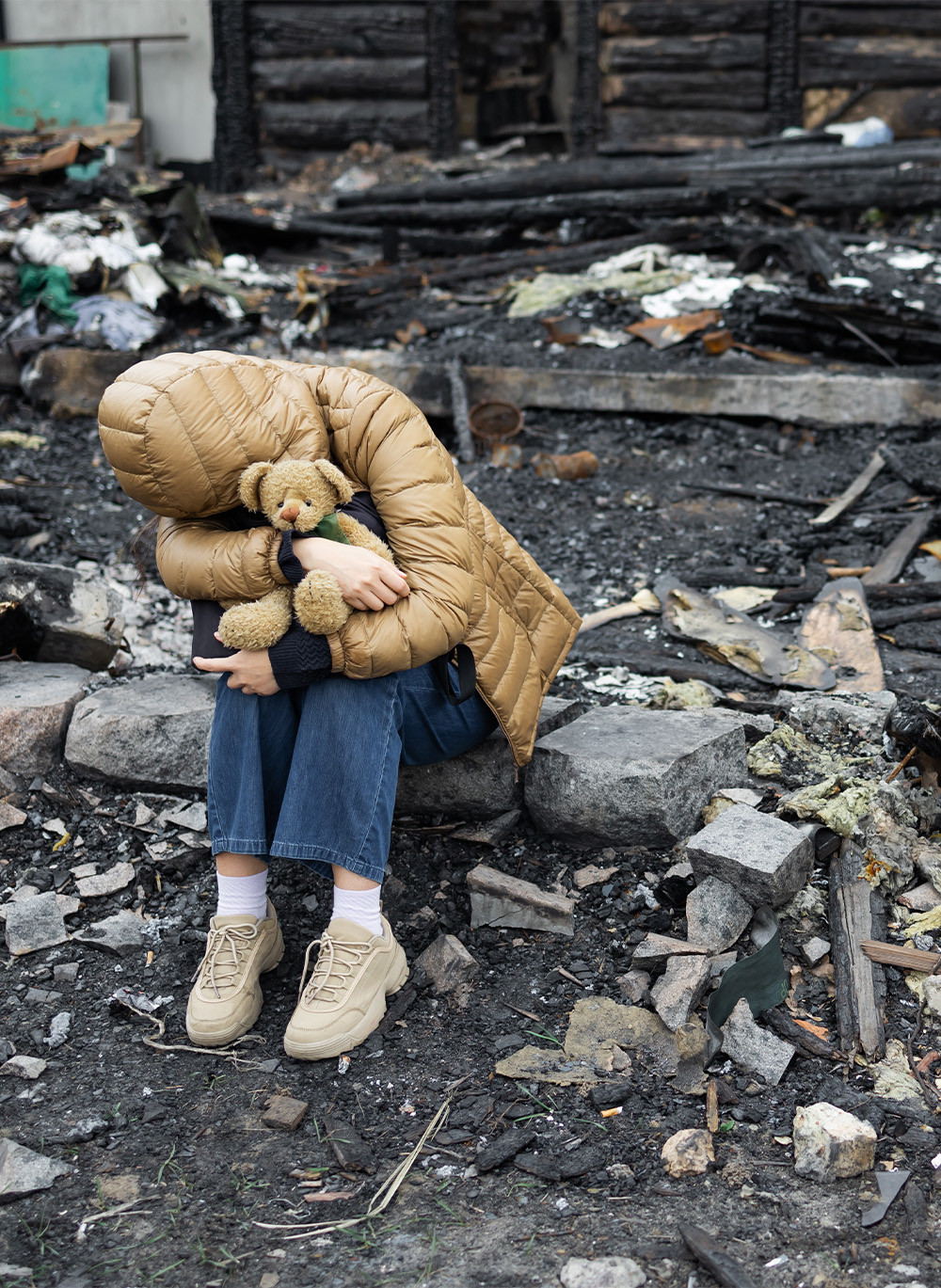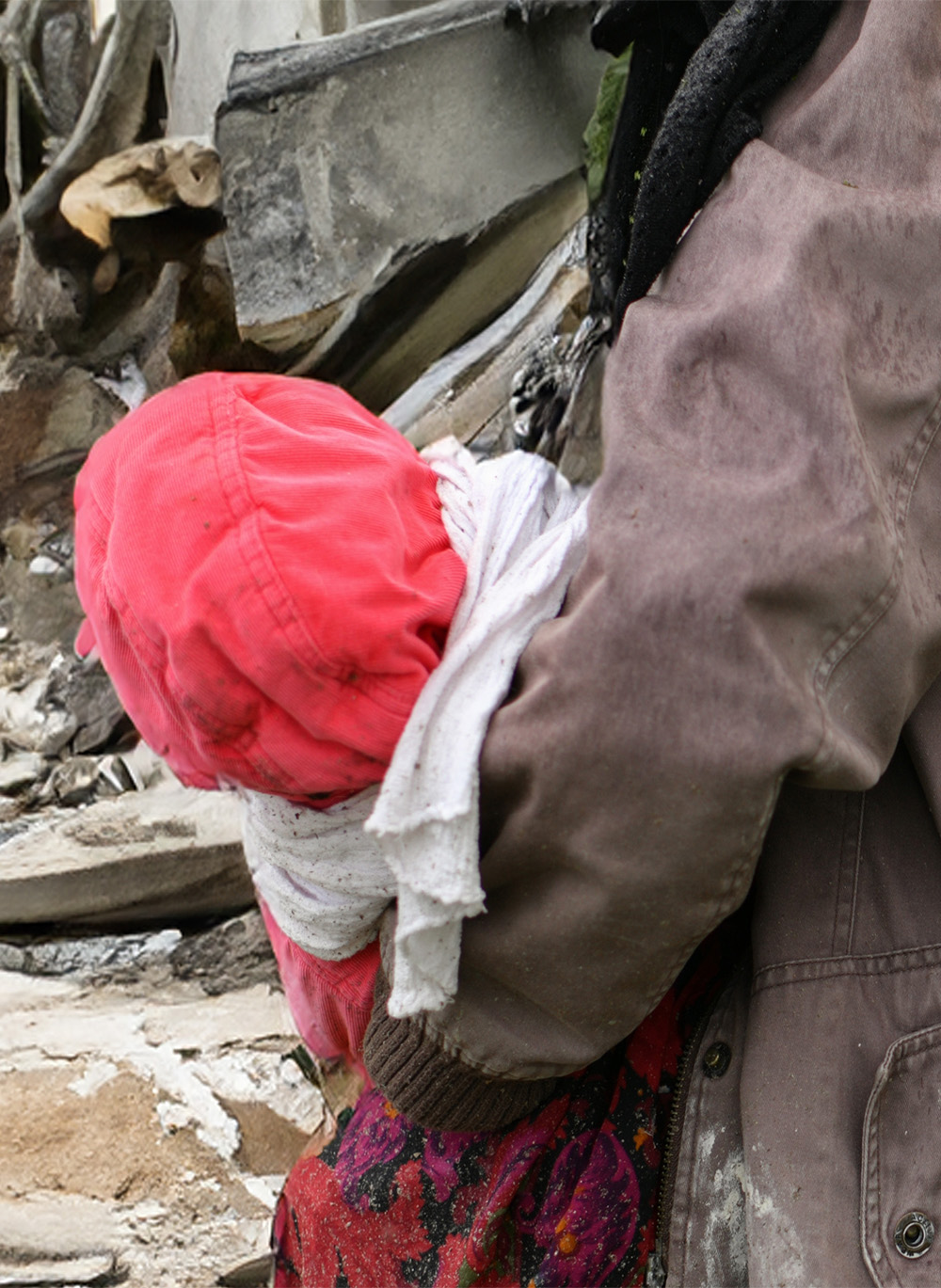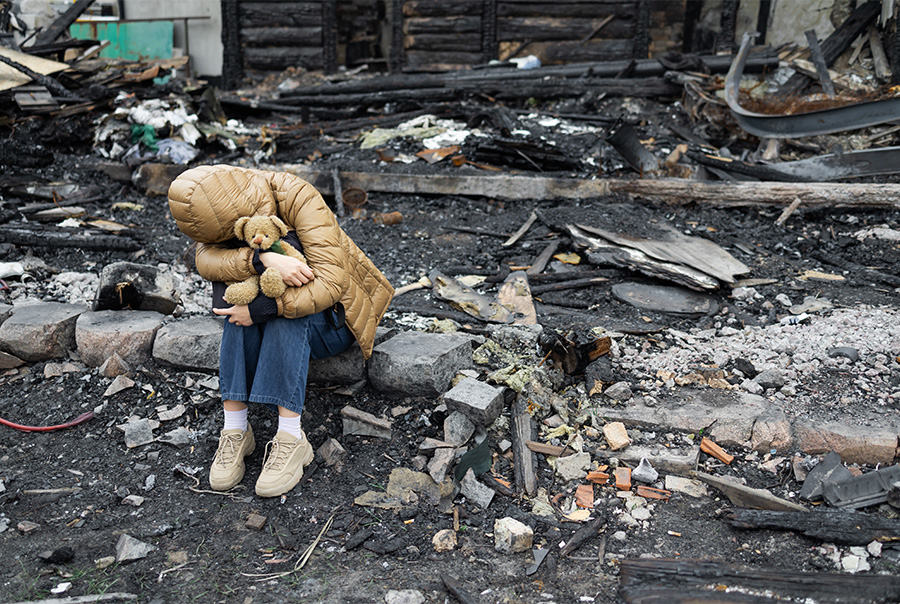

Lest We Forget what? Our ANZACS, Palestine, and the Kiwi Conviction Crisis
April 24, 2025
‘Lest we forget’ originates from Rudyard Kipling’s Recessional who warned against taking inherited greatness for granted. ‘Those that fail to learn from history are doomed to repeat it’. Taimor Hazou on Aotearoa and values.
By: Taimor T Hazou
”Neutrality helps the oppressor, never the victim.
Elie Wiesel
At Sunnynook Primary School, we were made to stand in silence for ANZAC Day. I thought I understood the sacrifices and the reasons for our remembrance. Today, I wonder if those often-elevated lessons and the values imparted as part of our national memory are being forgotten.
My grandfather, an RNZAF pilot, served in the RAF during the Battles of France and Britain and later in Lancaster bomber raids over Germany, earning the Distinguished Service Order for bravery. My grandmother was an ambulance driver during the London Blitz.
My father’s family is Palestinian, and my grandfather worked for the British Police in Jerusalem and then as an Al-Nakba refugee of 1948, with the British Forces Broadcasting Service in Larnaca, Cyprus. Al-Nakba is the Catastrophe, when 750,000 indigenous Palestinians were forcibly exiled from the whenua in a process now widely recognised as ethnic cleansing.
From primary school, I learned to remember the human costs and sacrifices of Aussie and Kiwi diggers. We were taught that war should be avoided at all costs, a lesson from veterans who experienced its atrocities firsthand.
Some may be surprised that with the geographic and cultural divides, I draw inspiration and pride from both my Palestinian and ANZAC whakapapa. The ingenuity of our Diggers – building under fire, adapting with resilient grit – mirrors the resourcefulness of Gazans rebuilding amid the ruins. The larrikin humour of ANZAC’s is echoed in the enduring dancing and defiance of laughter and inspired perseverance of Palestinian defiance. I am proud of my Palestinian and Kiwi heritage.
Globally, extremist ideology and fundamentalist movements – including 40-plus million US evangelicals backing Trump – fuel a conflict imbued with misogynist arrogance and a belief it heralds the ‘rapture’. Recent and repeated Trump rhetoric targeting migrants and minorities, along with unilateralism and US protectionism highlight the dangers and the importance of not ignoring the rise of extremist ideology not dissimilar to pre-war Europe.
“Lest we forget,” originally from Rudyard Kipling’s Recessional, was not a call to patriotic pride, but a rebuke of empire and hubris and the inability of humans to elevate common virtue over supremacy and state chauvinism. Kipling, inspired by Deuteronomy, warned against taking inherited greatness for granted. “Those that fail to learn from history are doomed to repeat it,” a lesson often cited but rarely heeded.
Written out of the experiences of the Great Wars came the IV Geneva Conventions, Universal Declaration of Human Rights, United Nations Charter, Refugee and Genocide Conventions as attempts to right the wrongs of the past, by preventing repeats in the future. As former UN Secretary General Kofi Annan eloquently put it, “We are not the heirs of fear. We are the heirs of those who fought to uphold the dignity of humanity.”
So why is the Coalition Government finding it so difficult to advocate for these instruments, when too many within their conservative ranks assume the role of custodians of Kiwi convictions and values? What is the point of remembrance if we as a nation can’t advocate with conviction for the operability of these conventions.
In fact, with the election of the Luxon government, some eighteen months ago, we have seen the most dramatic shift in foreign policy priorities in decades. Arguably a regressive shift, that returns New Zealand to the sycophantic kowtowing to Washington DC and Canberra.
New Zealand’s commitment to international law and human rights is well-established, as shown by our advocacy in the UN and our early support for the ICJ’s case against Myanmar. Concerted efforts over the last few decades have seen New Zealand purposefully position itself as a champion of global instruments and the rule of international law and order. As a small nation, with limited geo-political military reach, elevating global law and order is a logical raison d’être.
As a developed OECD nation, with strong indigenous rights (and a Treaty to boast), New Zealand has carved out a unique and valued position amongst the global south at the front of the anti-nuclear-proliferation movement. The natural evolution of our international trade and security policy has reflected the maturation of our state-confidence and national socio-political identity. Within this context, strengthening global governance is not only an aspirational goal, it is a functional necessity born of historical decisions and shifting strategic power and economic interests.
But New Zealand’s commitment to the international order must extend to current crises, like Gaza and Trump’s challenge to rules based trade, where the need for consistency and intervention is critical in maintaining global order. Prime Minister Luxon’s entirely reasonable words supporting a rules-based trading system as “worth fighting for” marked both a moment of intuitive clarity and welcomed statesmanship. Of concern was the rebuke of Deputy PM and Foreign Minister Peters, of Luxon’s language as “hysterical and short-sighted”. With the familiar pompous condescension, we’ve become accustomed to hearing from Peters. The Foreign Minister emphasised “quiet diplomacy” illustrating a cornerstone of Winston’s state-diplomacy that emphasises relationships over process or rules.
Recognition of the inherent dangers of this policy direction was best met by the bi-partisan scorn of Helen Clark and Don Brash’s joint statement warning against jeopardising our China exports, that more than doubles the US. Their criticism is not without merit, as New Zealand foreign policy has astutely attempted to emulate the neutrality of Singapore between the two powers. It is no secret that the Foreign Minister is exhorting an Americanophile shift in both military and foreign policy leanings, favouring familiar historical Anglosphere relationships, that direct us away from the national interest.
Nothing illustrates this better than New Zealand’s meek stance on Israel’s mockery of international law, such as the decades-long expansion of the Illegal Settlements. Israel’s disproportionate destruction of Gaza infrastructure, operation of “Torture Camps”, and the recent massacre of fifteen identifiable non-combatant first responders is what has brought the flagrant disregard of international humanitarian law into the limelight, with many more documented examples.
If you grew up as I did, idealising the heroism of my grandfather pilot, all these actions deserve rebuke as a minimum. Nothing snubs an appreciation of the ANZAC sacrifice more than the lack of prosecution and international sanctions for these acts.

Israeli war crimes have been exposed by reliable international NGO’s like Doctors without Borders (MSF), Human Rights Watch, Amnesty International and others, by documenting war crimes, and concluding Israel is committing Genocide. Yet, the New Zealand government seems unwilling or incapable of joining their calls with a more forceful and nuanced articulation of the adherence to international humanitarian law. A handful of shallow ceasefire calls by senior Coalition Cabinet members was far too little, too late, by any measured standard.
”It is not a matter of being pro-Israel or anti-Israel, but how our international actions reflect our national character and beliefs.
Nothing illustrates the government’s diminished foreign policy better that the February 2024 designation of Hamas. Designating Hamas in its entirety – military and political arms – as a terrorist entity abandons longstanding distinctions in international law and NZ foreign policy. Kiwis are increasingly aware of the pattern of atrocity propaganda used to justify Israel’s actions — from debunked reports of beheaded babies and mass rape to claims that “there are no innocent Gazans.” New Zealand has joined only seven other nations making this designation. For decades, the international community has drawn critical distinctions between resistance and governance — just as it did between Sinn Féin and the IRA, despite the longstanding ties and relationship. Hamas runs Gaza’s hospitals, schools, and municipal services.
Can any New Zealander imagine the United Kingdom ever getting away with assassinating Gerry Adams for his unquestionable relationship to the IRA? Would any ANZAC ever agree that bombing hospitals was acceptable because resistance fighters had illegally taken cover in it? Collapsing these civic institutions into terrorism risks criminalising ordinary Gazans — and Kiwi families who support them (as is happening in the USA). This blanket designation erodes diplomacy — a core principle of NZ foreign policy — and reinforces a dangerous narrative that Palestinian civil life is suspect.
International law recognises a right to resist occupation, and courts such as the ICJ have ruled that Israel’s claims of “self-defence” do not override this legal framework. Blanket designations ignore that complexity, while entrenching collective punishment, undermining civic capacity and destabilising ceasefire negotiations and establishing sustainable peace. The designation not only prolongs Palestinian suffering it also corrodes New Zealand’s international standing. It reinforces the bigoted presumption that all Palestinians are guilty. Rather than upholding Kiwi values of fairness and diplomacy, the government has aligned itself with a narrow, supremacist vision of foreign policy that abandons both pragmatism and established norms. Current New Zealand foreign policy has validated collective punishment and enabled Israeli impunity.
We should ask ourselves whether our ANZACS would accept or be proud of New Zealand’s alignment with Israeli atrocities and disregard of international law. Is this the company we wish to keep – what some refer to as a marginal Axis of Zionism. Joining a dozen or so nations, giving cover for extrajudicial assassinations, documented war crimes, apartheid discrimination, fascist rhetoric and hateful incitement is not what my grandfather fought for.
Before reacting to the boldness of this point, let’s recall that it was the foreign policy leadership of then Minister Murray McCully (National MP, 2016), that resulted in UN Security Council resolution 2334 adopted with 14 votes and one abstention (US) condemning the illegal Israeli settlements in Palestinian Territories. Contrast this outcome with the shift towards Israeli apologism by Foreign Minister Peters, who can’t even find the words to criticise documented war crimes. Despite the never-ending domestic rhetoric of the NZ First leader on Kiwi values, and his deserved position as the Coalition Cabinets most experienced diplomat, Peters’ seems unwilling or unable to wed the two. An experienced Foreign Minister nearing the end of their elected career, should be able to lead and design an independent and purposeful approach to New Zealand’s strategic interests, over the reserved parroting of Washington’s agenda.
Deft and strategic prioritisation of New Zealand’s interests that reflect our values and aspirations requires considered, balanced and historical consistency. To paraphrase a quote of Winston Peters; “It is a matter of what New Zealanders see and value as democracy” and the national image we want projected globally. It is not a matter of being pro-Israel or anti-Israel, but how our international actions reflect our national character and beliefs.
Too often, our actions come too late and only with the fortitude of unison with allies. If we are to honour the ANZAC spirit, our actions must reflect their values—not just observing but leading with learned confidence and principled fortitude. As part of ANZAC Day commemorations this year let’s apply our historical lessons to foster a world grounded in justice, equality, and the rule of law—principles of lasting peace.
If we believe in the values our soldiers fought for, we must advocate for them more boldly, without fear or favour.
Taimor Hazou is a Palestinian Kiwi. A former Deputy Chair of the Australian Arabic Council and longtime advocate for Palestinian Rights and Jewish-Palestinian reconciliation and justice.
